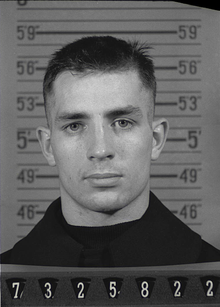
I just wrote a few Kerouackian book reviews, for my Goodreads.com account.
And that got me thinking about the author, and his life and times. And how they relate to, inform, and connect, with my own life.
I love Jack like I love Tom Waits, whose early work – from his Closing Time debut to some time around or after Swordfishtrombones – is the realisation of something Kerouac himself dreamed of; the Beat word set to jazz, or American contemporary music.
Waits combines and in some areas amplifies many essential Kerouackian qualities. And Jack was as much poet as author. Both he and Waits are alchemists of language.
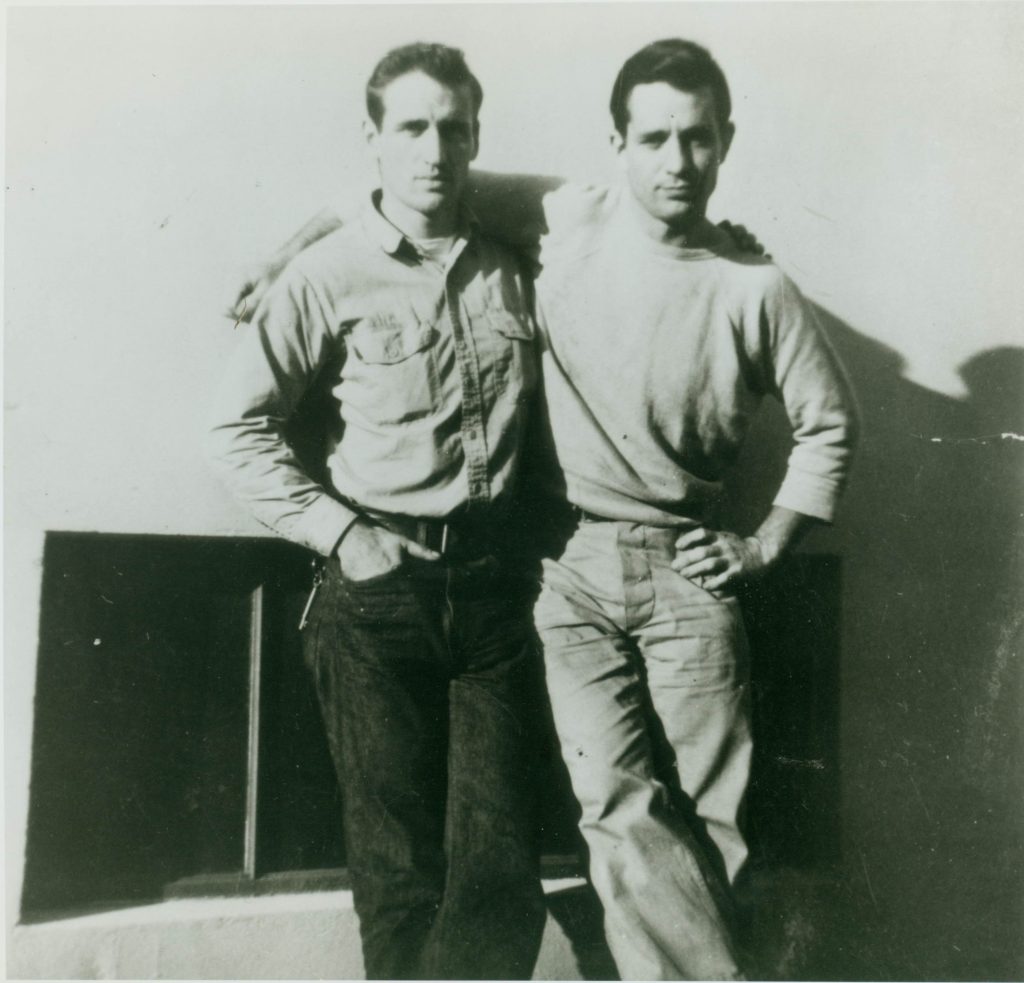
Kerouac and Waits share that love with the Proustian detail of everyday life, the synaesthetic kinetic appreciation of language, it’s rhythms, flavours, and so on.
Some detractors of Jack Kerouac’s work almost have valid point, in amongst their criticisms, to do with a certain juvenile immaturity. It’s that zesty energy and the as yet undimmed naive hopes of youth. Captured so well in the several of his more oft-quoted words, such as:
the only people for me are the mad ones, the ones who are mad to live, mad to talk, mad to be saved, desirous of everything at the same time, the ones who never yawn or say a commonplace thing, but burn, burn, burn like fabulous yellow roman candles exploding like spiders across the stars and in the middle you see the blue centerlight pop and everybody goes “Awww!”
On The Road.
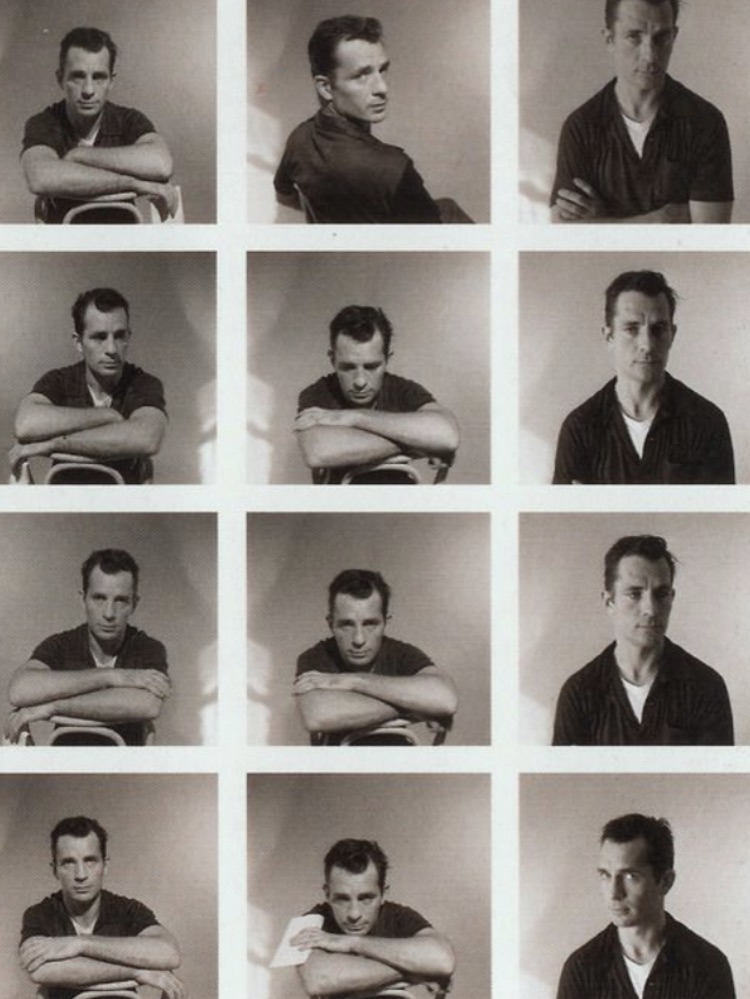
That this is a kind of approach to art and life that best suits a younger person doesn’t even really need any thinking about. That it’s an outlook or m.o. that can rapidly pall as one grows into a more settled adult life is equally true and obvious.
And therein lay many issues for The Beats and their bastard offspring. But to simply leave it at that would be doing Kerouac a great disservice. Truman Capote’s infamous put down of Kerouac’s style – “That’s not writing, it’s typing.” actually says way more about a Capote – his snobbery and lack of feeling – than Kerouac.
Kerouac was always a troubled and complicated soul. Brought up in religion, attracted as much to Jazz, Buddhism and certain kinds of intoxication or thrill seeking – be that through sex or booze or drugs – and unsure where or if he fitted in: the poetic jock, the Catholic Buddhist, the Canuck blue-collar hobo amongst middle-class (or even better off) intellectuals.
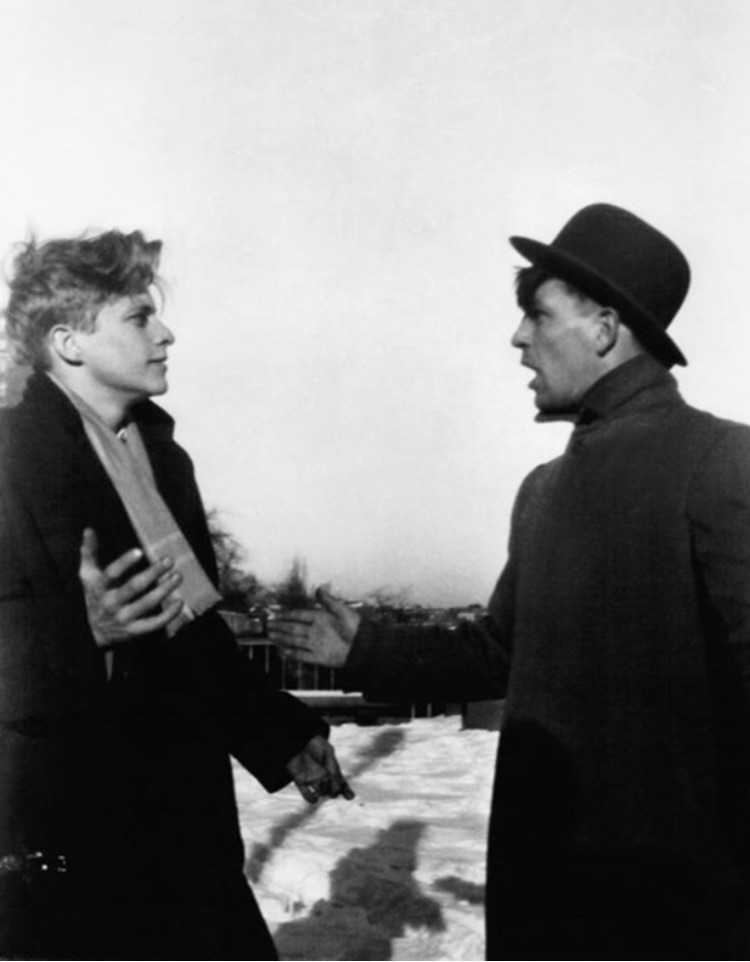
His struggles in all these areas are – unsurprisingly – manifest in the very fabric his writings. The conflicts between tradition and innovation, order and chaos.
A lover of jazz, he sometimes described his writing as ‘spontaneous bop prosody’. But just as jazzers’ apparently free flowing improvisations actually require a great deal of due diligence (having acquired skills to enable the ability), and are actually built from learned and repeated elements – scales, riffs, motifs, melodies, etc. – and generally conform to numerous other sets and subsets of order and structure, so too is Kerouac’s writing infinitely more than mere typing.
More than anything it’s a lifelong meditation on such themes as he was conflicted over: past vs future, and how to live in the present, authority vs freedom, spontaneity vs rote, the spirit vs the body, and so on. All expressed with a passionate and broad ranging love of life and language.
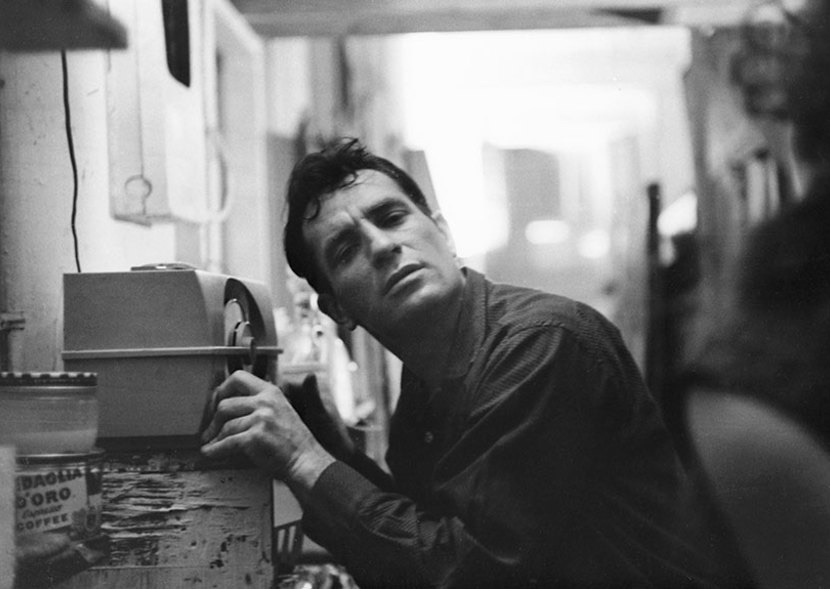
Some of Kerouac’s generation managed the evolution into middle age and old age – Kerouac died at 47, in ‘69, looking older than he actually was – better than others. But all are marked by it. And many that survived it, apparently better than Jack himself, can seem rather compromised or jaded in how they finally got through.
If Tom Waits was Kerouac’s male realisation of a Beat musical dreams. Joni Mitchell is the female incarnation. And she too shares this troubled legacy of a certain kind of Beat artistry of the era. As The Beats paved the way for The Hippies, and this whole era – full of dreams of a better world to come – but also chronicling the passing of other worlds. And all of this only to be subsumed into the machinery of a world dominated by less poetic visions.
The whole Beat to Hippy period can look naively foolish now. But it still has, esp’ in certain areas, both continuing relevance and undiminished charm. Kerouac belongs to a whole wave of writers and artists straddling the passing of Old America, and the birth of a newer generation.
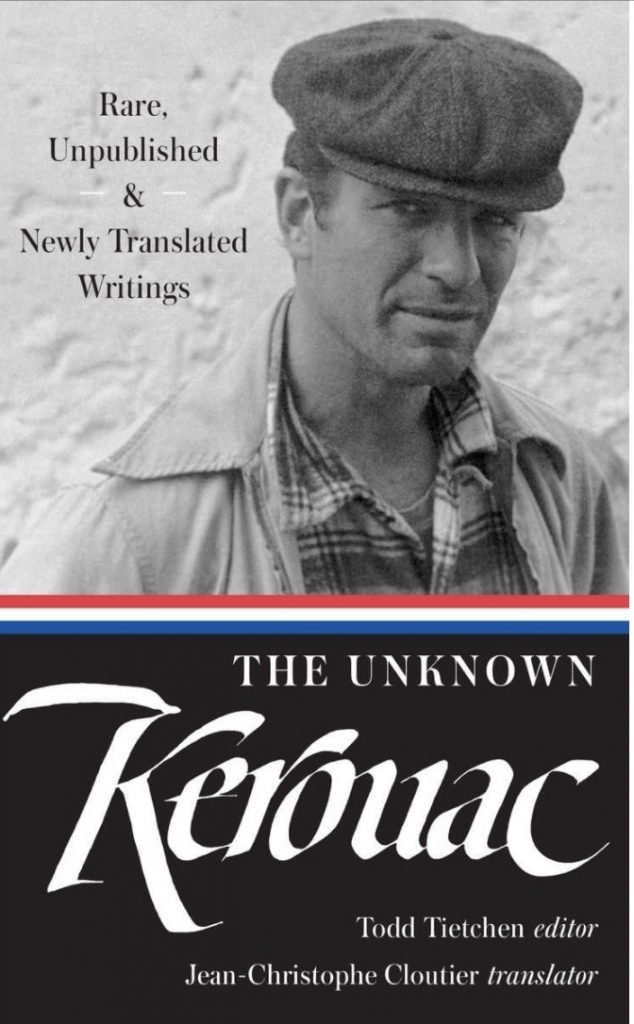
I feel, with the re-writing and publishing of my thoughts on some of Jack’s writing, that it’s high time I dipped back into his ouevre.
I still have an amount of his writing I’ve either not read yet, or really engaged with. Plus there’s a desire to revisit certain works – e.g. Doctor Sax – and see what I make of them now.
One thing’s for sure. In my pantheon of kindred souls and inspirations, St. Jack is up there, forlorn and flawed, undoubtedly. But real, genuine, poetic and powerful, nevertheless.
I still love ya’, Ti Jean!
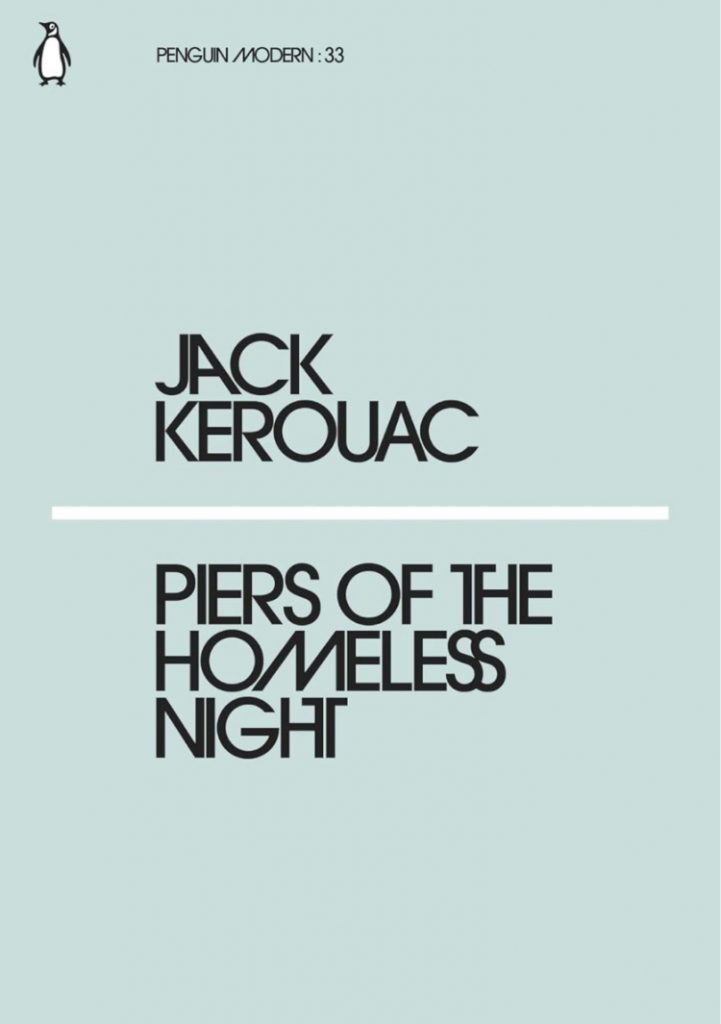
Certain kinds of romantic poetic soulful types, from those who find fame – for whatever that’s worth – to those who pass unnoticed in obscurity, are apt to be subjected to bouts of depression. In all honesty, I think that comes with the turf! And I think that’s partly why I love Kerouac, ‘warts ‘n’ all’!
Here’s a telling quote from Beat-era lady, Carolyn Cassady (wife of Neal Cassady), often referred to as a Muse for Beat writers:
“I kept thinking that the imitators never knew and don’t know how miserable these men were,” she told the novelist Gina Berriault in 1972. “They think they were having marvelous times — joy, joy, joy — and they weren’t at all.”
Well, that doesn’t surprise me at all. The sadness is always there, in plain view, to my mind. And in fact it’s one of the many reasons I relate to them, Kerouac especially so
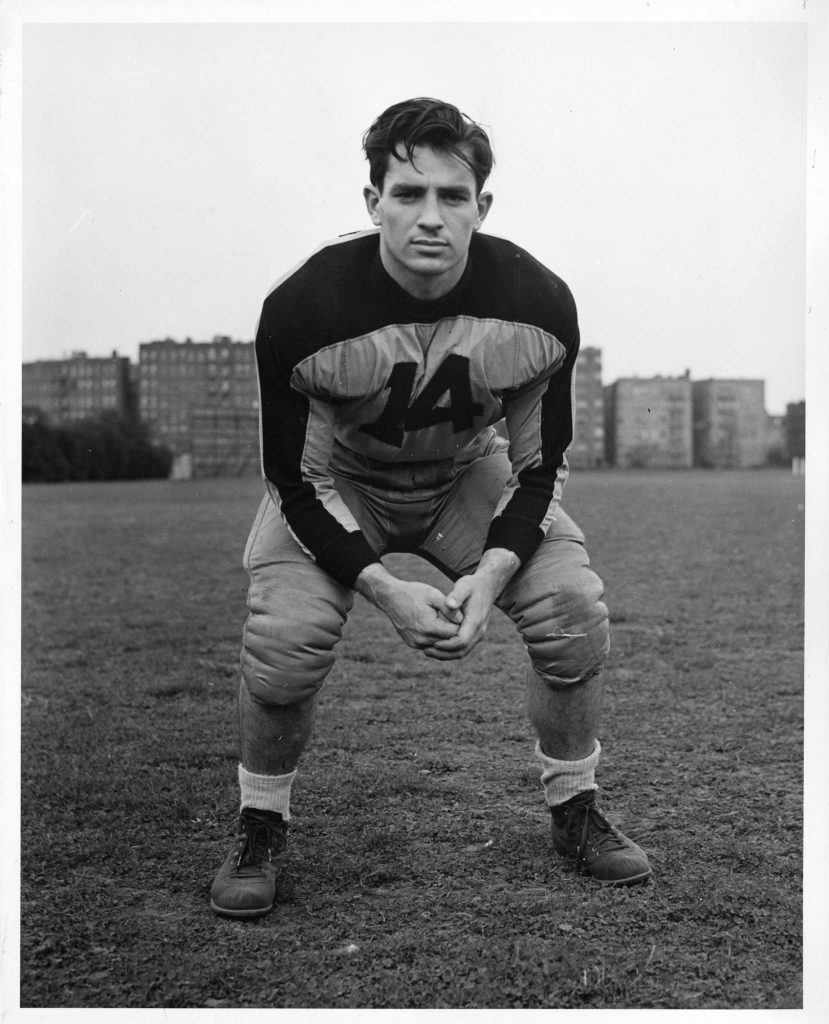
For those less familiar with Jack’s life, the Wikipedia entry on him is worth a read. Find that here.
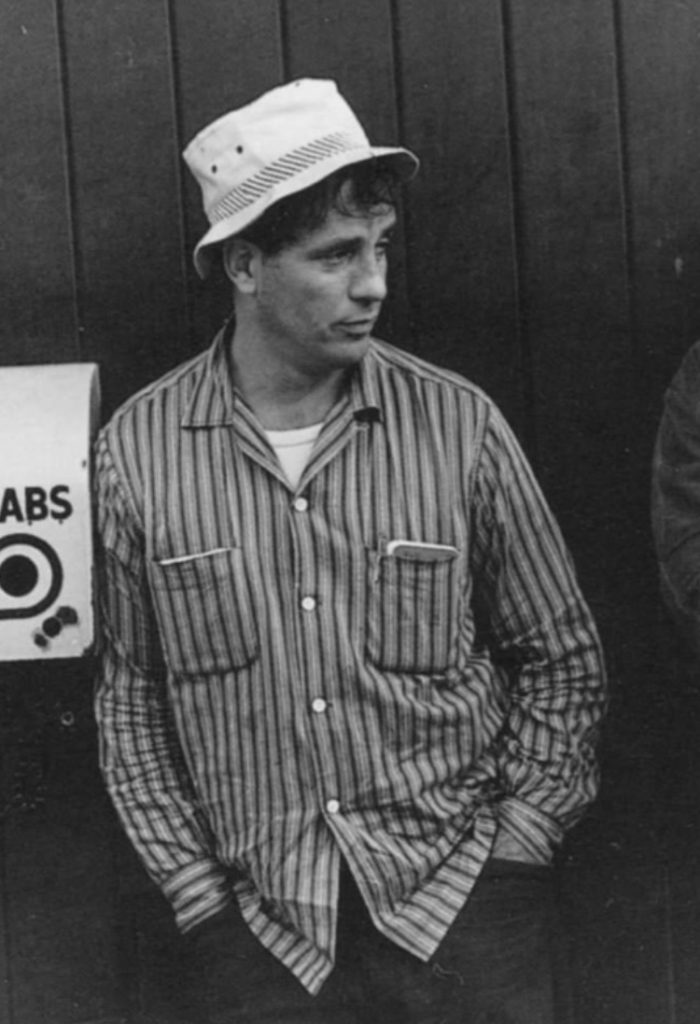
Tom Waits wore a very similar looking shirt quite a lot! Love Jack. Love Tom!
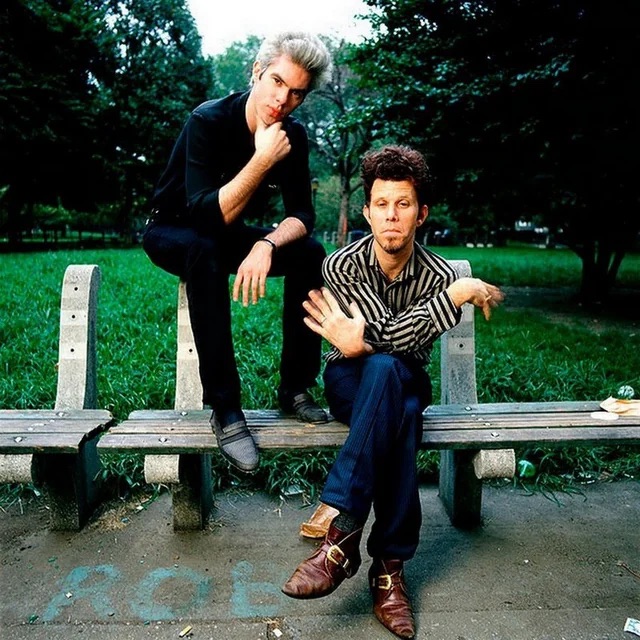
With two new books of Kerouac writing winging their way to me today, I’m ready to get On The Road with Jack again.
